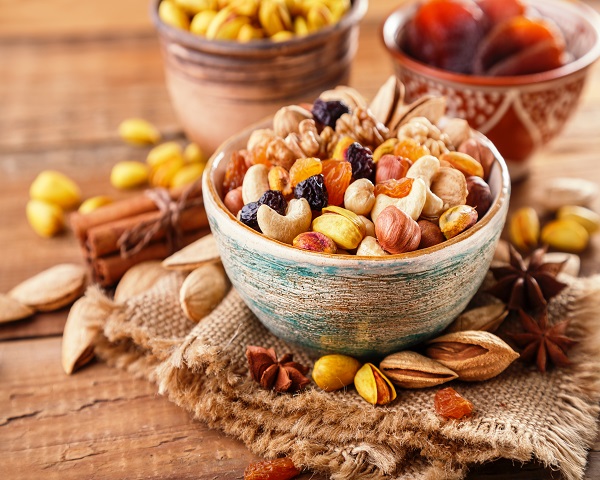Amidst the rapid expansion of the food industry in India, the healthy food market and associated snack brands must strategically position themselves to thrive over the long term. Embracing this evolving landscape necessitates innovation, differentiation, and collaboration, as brands try to capitalize on the burgeoning healthy food revolution. This entails integrating traditional cultural experiences with…



